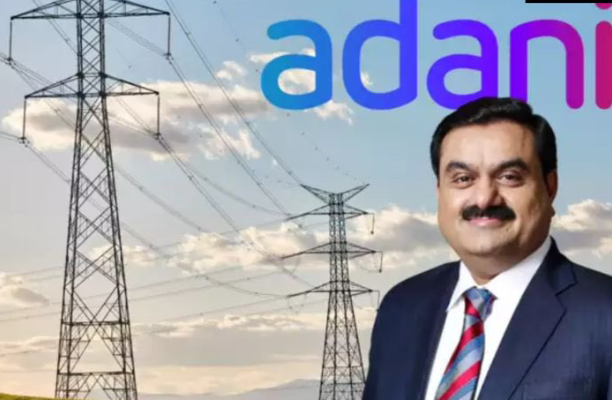The Adani Group’s expansion into Africa, particularly through its proposal to manage Kenya’s Jomo Kenyatta International Airport (JKIA), reflects a modern form of neo-colonialism.
This trend has drawn significant attention, especially concerning the influence of large corporate entities like the Adani Group, often referred to as part of the “Gujarati cartel.”
One key aspect of this model is the use of privately initiated proposals (PIPs), which allows companies like Adani to bypass competitive bidding processes.
This was seen in the proposed $1.84 billion investment by Adani in the JKIA, which stirred controversy in Kenya.
Roads and Transport CS Davis Chirchir defended the deal, but the closed-door negotiations raised concerns about transparency.
The absence of competitive bidding often leads to doubts about the fairness and legitimacy of such deals.
Adani’s tendency to overpromise is another hallmark of its operational model.
The JKIA proposal includes plans for substantial infrastructure developments, including new terminals, aprons, and other facilities.
The projected 18% return on investment for Adani has been met with skepticism, given the complexities involved in large-scale infrastructural projects.
This mirrors Adani’s past projects in other regions, where the initial projections were ambitious, but the results often fell short of benefiting the host country.
The control over national resources for extended periods is another defining feature of such arrangements.
The JKIA deal is structured around a 30-year concession, allowing Adani to manage and operate one of Kenya’s most critical pieces of infrastructure for a significant length of time.
This cedes a considerable amount of control to a foreign entity, raising concerns about the long-term economic sovereignty of the host nation.
This model of long-term control, in return for promises of investment and development, often locks countries like Kenya into agreements that may not be as beneficial as initially presented.
Additionally, corporations like Adani often seek to minimize their financial obligations through tax exemptions and favorable terms.
While specific details of the financial concessions in the JKIA deal have not been fully disclosed, similar arrangements involving Adani in other countries have often included substantial tax breaks.
This allows the company to maximize its profits while contributing little to the local economy, creating an imbalance between the benefits accrued by the company and the costs borne by the host nation.
Another concerning element is the limited benefit to local populations, despite the favorable terms these companies often secure.
In the JKIA case, Adani has been given the authority to set its own fees for airlines and other services, raising concerns that the local population will not see the benefits of reduced costs resulting from the concessions granted to the company.
Instead, the company retains the flexibility to maximize profits, often at the expense of consumers.
Control over long-term infrastructure projects also provides companies like Adani with big leverage to secure further funding.
In the JKIA deal, Adani’s control over the airport infrastructure positions the company to borrow further funds, which can be reinvested into its other ventures.
This tactic has been seen in India, where Adani used similar projects to leverage its position for additional financial gains, often reinvesting in its other business interests.
The secrecy surrounding the JKIA deal has sparked public outcry and demands for greater transparency.
Kenyan Senator Richard Onyonka and other officials have raised concerns about how the deal was negotiated, calling for clarity on the specifics of the agreement.
This lack of transparency has led to protests and widespread debate in Kenya over the potential impacts of the deal on national sovereignty and public welfare.
The Adani Group’s involvement in the JKIA project exemplifies the broader global trend of powerful corporations extending their control over national resources in developing nations.
These deals, while often presented as beneficial investments, raise serious questions about their long-term impact on national autonomy, transparency, and the welfare of local populations.
The concerns raised about the “Gujarat cartel” and Adani’s practices highlight the growing unease surrounding the influence of corporate entities in public infrastructure projects, particularly in nations like Kenya.





















Add Comment